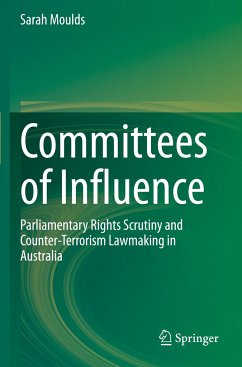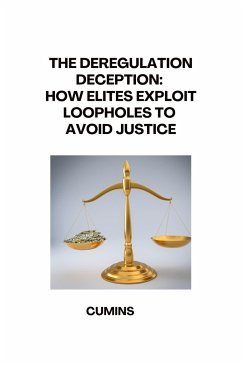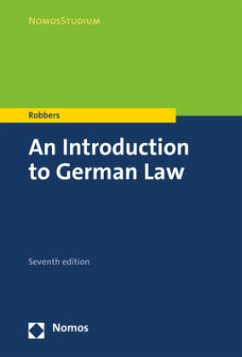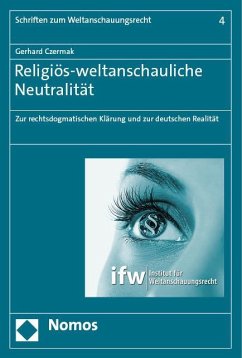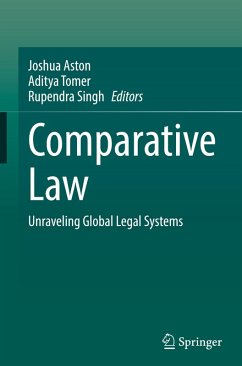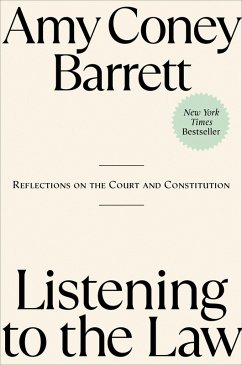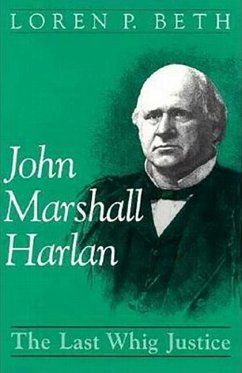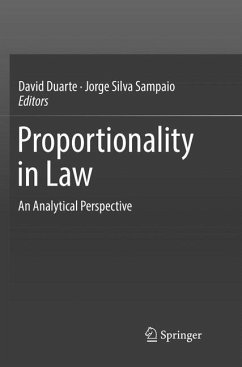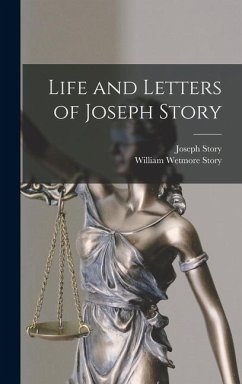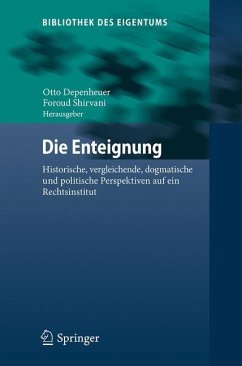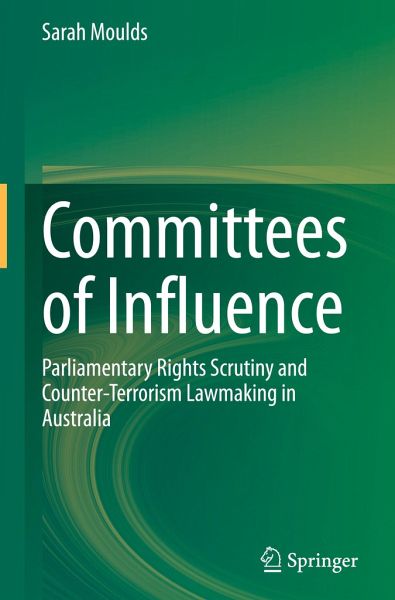
Committees of Influence
Parliamentary Rights Scrutiny and Counter-Terrorism Lawmaking in Australia
Versandkostenfrei!
Versandfertig in 6-10 Tagen
98,99 €
inkl. MwSt.
Weitere Ausgaben:

PAYBACK Punkte
49 °P sammeln!
This book includes original and ground breaking research into parliamentary law making and legislative responses to counter-terrorism in Australia. This book introduces new, holistic and evidenced-based methods of evaluating how parliaments deliberate on complex policy issues, and how they weigh up competing rights and interests. Although this book is focused on the Australian experience, it has relevance across all parliamentary democracies grappling with the challenges posed by ensuring robust rights protection whilst responding to the threat of terrorism. This book will be of relevance and ...
This book includes original and ground breaking research into parliamentary law making and legislative responses to counter-terrorism in Australia. This book introduces new, holistic and evidenced-based methods of evaluating how parliaments deliberate on complex policy issues, and how they weigh up competing rights and interests. Although this book is focused on the Australian experience, it has relevance across all parliamentary democracies grappling with the challenges posed by ensuring robust rights protection whilst responding to the threat of terrorism. This book will be of relevance and interest to law makers, government administrators and public servants, law enforcement and intelligence agencies, political and legal scholars, law students and members of the legal profession.
This book is designed to provide a unique, evidence-based perspective on Australia's parliamentary model of rights protection and on the experience of counter-terrorism law making in Australia since 2011. By focusing on the role and impact of the federal parliamentary committee system, this book offers a fresh perspective on the contemporary legal and political debate on the best legal mechanism for rights protection in Australia. By using counter-terrorism laws as a detailed case study, this book also contributes in a timely, authoritative way to the debate on balancing individual liberties with national security.
Using a contemporary case study of Australia's counter-terrorism, this book employs a unique, three tiered methodology to explore the impact of the system of parliamentary committees system on federal laws. The findings in this book give rise to practical recommendations for reform and provide a fresh new perspectives on Australia's parliamentary model of rights protection. This book has broad implications for rights scholars and rights advocates contemplating new models of rights protection in Australia. Thisbook offers important practical insights to otherjurisdictions grappling with the challenges posed by ensuring robust rights protection whilst responding to the threat of terrorism.
This book is designed to provide a unique, evidence-based perspective on Australia's parliamentary model of rights protection and on the experience of counter-terrorism law making in Australia since 2011. By focusing on the role and impact of the federal parliamentary committee system, this book offers a fresh perspective on the contemporary legal and political debate on the best legal mechanism for rights protection in Australia. By using counter-terrorism laws as a detailed case study, this book also contributes in a timely, authoritative way to the debate on balancing individual liberties with national security.
Using a contemporary case study of Australia's counter-terrorism, this book employs a unique, three tiered methodology to explore the impact of the system of parliamentary committees system on federal laws. The findings in this book give rise to practical recommendations for reform and provide a fresh new perspectives on Australia's parliamentary model of rights protection. This book has broad implications for rights scholars and rights advocates contemplating new models of rights protection in Australia. Thisbook offers important practical insights to otherjurisdictions grappling with the challenges posed by ensuring robust rights protection whilst responding to the threat of terrorism.





